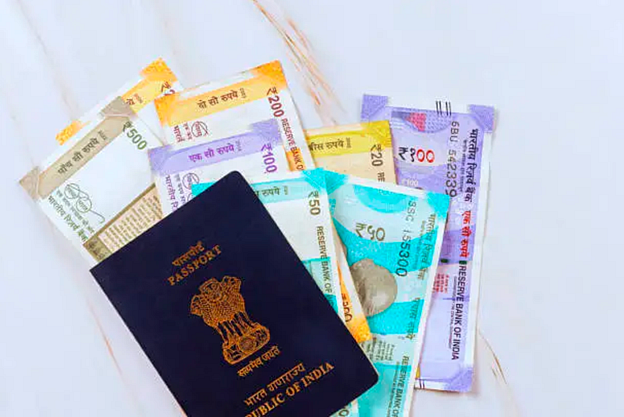Non-resident Indians are involved in quite a lot of financial transactions, including remittances and investments. Complicated rules and lack of information on some processes can prove costly. Common mistakes have been outlined with suggestions on how these should not be made.
1. With the wrong account type
The most common error is maintaining a savings account rather than having a specifically designated NRI account. When an individual gains NRI status, all transactions conducted in Indian savings accounts are in contravention of FEMA rules and may attract penalties.
Solution: Open and operate the NRO, NRE, or FCNR depending upon your requirement- NRO for repatriation of income earned in India, NRE for repatriable funds, and FCNR for foreign currency deposits
2. Overlooking tax implications
NRIs normally forget their tax liabilities such as TDS or Tax Deducted at Source on income earned in India which can sometimes get them into trouble for non-compliance or attract penalties.
Solution: Study the tax provisions of India including those related to income from property, interest, and investment. File your income-tax returns irrespective of the income amount and within the due dates as required.
3. No Currency Exchange Planning
Unmonitored fluctuation in exchange can create huge losses especially when rates become undesirable.
Solution: Use hedging tools linked to currency or ensure the execution time when the rate is favourable for maximum value transfer. Compare the rate of banks and remittances platforms prior to initiating the transfer.
4. Mismanagement of Real Estate Transactions
Real estate is a place of legal and regulatory intricacies. Many NRIs could not verify property title ownership or tax dues, which caused disputes.
Solution: Hire a trusted legal advisor to validate documents and ensure compliance with local property laws.
5. Incomplete Documentation
Many NRIs face delays or transaction failures due to missing essential documents like PAN cards, KYC details, or POA (Power of Attorney).
Solution: Maintain updated documentation and ensure digital copies are easily accessible.
6. Overlooking Double Taxation Agreements (DTAs)
Failure to claim benefits under DTAs may result in unnecessary tax burdens.
Solution: Do check whether your country of residence has a DTA with India. One can claim credits for taxes paid in one country while filing in another.
Understanding these common issues and taking proactive measures will streamline financial transactions for an NRI, ensure compliance and have nothing lost.















